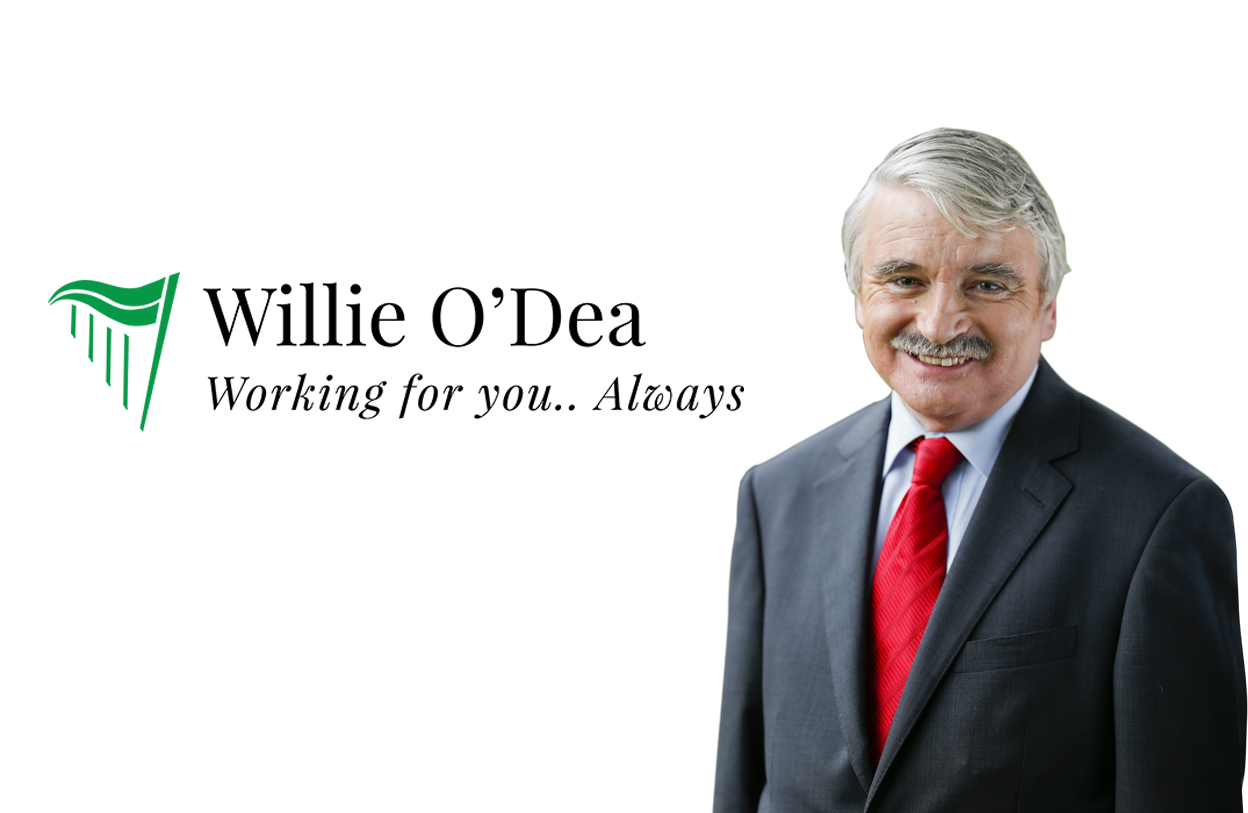 I know my saying this may cause him to choke on his cornflakes this morning, but I agree with something Brendan Howlin said during the week. Commenting on Simon Coveney’s infamous outburst, he said people tended to use tweets as if they were talking to their neighbours rather to than the world.
I know my saying this may cause him to choke on his cornflakes this morning, but I agree with something Brendan Howlin said during the week. Commenting on Simon Coveney’s infamous outburst, he said people tended to use tweets as if they were talking to their neighbours rather to than the world.
He was right. He was also right when he added that anyone speaking on behalf of the people — be they elected to serve in Government or opposition — has a duty to do so carefully.
The last few weeks have seen ill-judged and flippant remarks carried across the web with incredible speed and causing varying degrees of harm and embarrassment to the country. Claims that they did not intend their comments to travel so far and wide suggest that they are incredibly naive or just ignorant as to how the technology works.
Either way, public representatives need to consider their words carefully before scattering them out across the waves of the web. You would think that the fact that tweets by their very nature are limited to 140 characters might cause elected representatives to think before texting. It seems the opposite is the case. Some appear to believe that being confined to so few words means they need to be more outrageous and intemperate, especially when the aim is to see those comments in print or on news at one.
This is the problem with Twittering politicians. The speed and ease of the system tempts them to dash out one-liners with no thought or consideration — except how it may see them advance. They act as if any issue, no matter how complex, can be addressed like a psychologist’s word-association test.
What is the virtue of an instantaneous response? Why is it now unfashionable for some in the political arena to take time to think and consider before speaking? It is not a new situation. This has been the trend since the Sixties. The advances in information technology have revolutionised lives. But the apparent logic that these improvements could only come at the cost of public figures forgoing the time to think before commenting eludes me.
Studies show that the average news TV sound bite in America has shrunk from 42 seconds in the 1968 presidential election to a mere 7.3 seconds today. The shrinkage may not have been as severe here, but the trend is very similar. This is the catch 22. Just as the problems we face grow more complex, our political leaders are expected to come up with increasingly simple answers in a Twitter-like nugget.
For every meaningful answer capable of expression in seven seconds, there are hundreds of negative comments. This begs the question whether so many of these tweets are negative because of the limitations of the medium — or because the medium is best suited to those who are wired to be negative. Recent events suggest it’s the latter.
No doubt someone reading this will feel the urge to go on Twitter and decry my argument as Luddite. But they would be wrong. Of course technological advancement has a price. Yes, the speed of communication and the voracious needs of 24-hour news channels and social-media networks will result in a lowering of the bar, but it doesn’t have to be to the exclusion of considered debate. The sad reality is that so many in political life are prepared to adjust their output to suit what they think will get an easy headline, rather than to reflect what they think is right. The price is a coarsening of debate.


